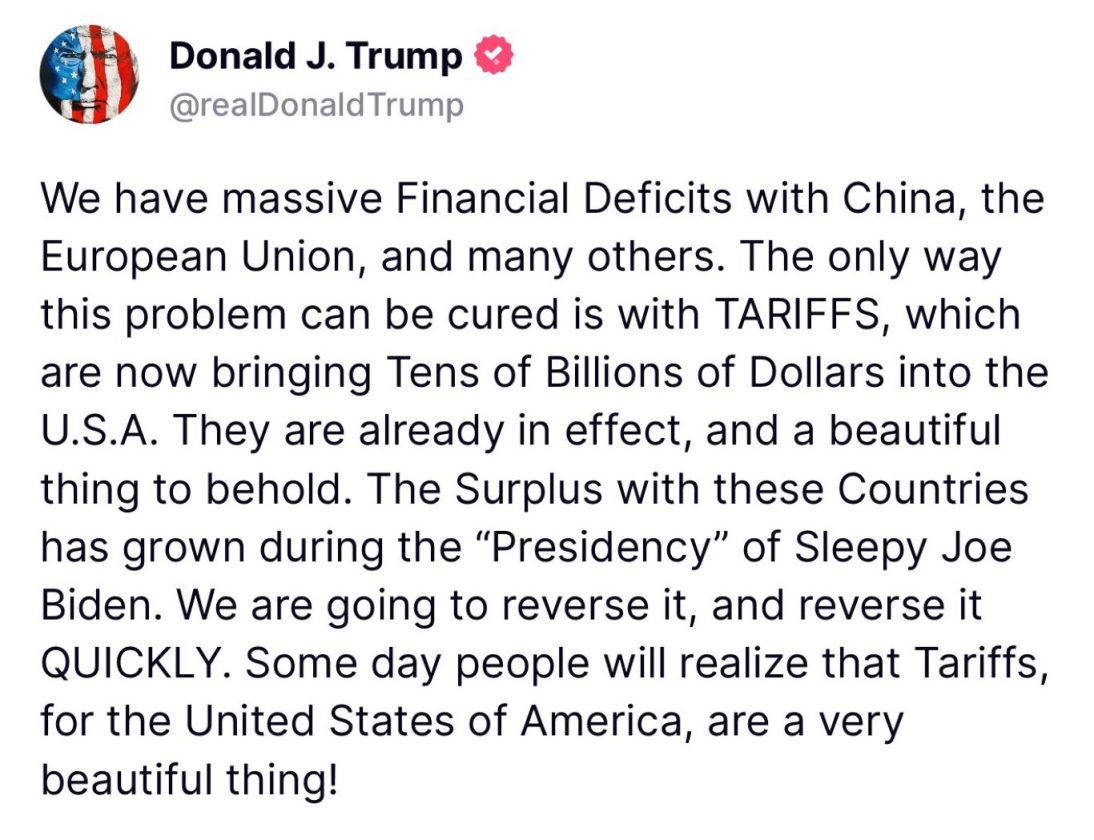Follow
X
Follow
Trump’s tariffs might sound like a U.S.–China problem, but the shockwaves are already racing across the globe — and Nigeria, along with many African nations, won’t be spared. As global markets tumble and supply chains scramble, the effects are seeping into every corner of the world, far beyond the borders of Washington or Beijing.

For Nigeria, where oil exports remain the economic lifeline, even the smallest drop in global demand could spell big trouble. Tariffs are slowing trade, and with that slowdown comes a drop-in industrial activity, particularly in China — one of Nigeria’s biggest oil customers.
A fall in oil prices could mean less revenue, more pressure on the naira, and tough times for a government already navigating tight budgets.

But it doesn’t end there. The goods Nigerians rely on every day — from smartphones to medication — often pass through dozens of borders before reaching the market. With tariffs reshuffling global supply routes and pushing up costs, prices on imported items are likely to rise. Add a stronger U.S. dollar, driven by global uncertainty, and the cost of imports becomes even more painful.
Across Africa, the story is the same — countries that depend on exporting commodities or importing essential goods are now caught in the middle of a global economic chess match.






 WhatsApp us
WhatsApp us
Comments